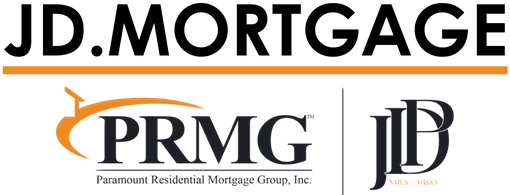Mortgage Rates Hit the Lowest Levels of the Week
Mortgage rates dipped to their lowest levels of the week following the most recent Fed day. Instead of pushing higher, the bond market carried momentum from the prior afternoon, allowing mortgage pricing to improve modestly across most loan ...

